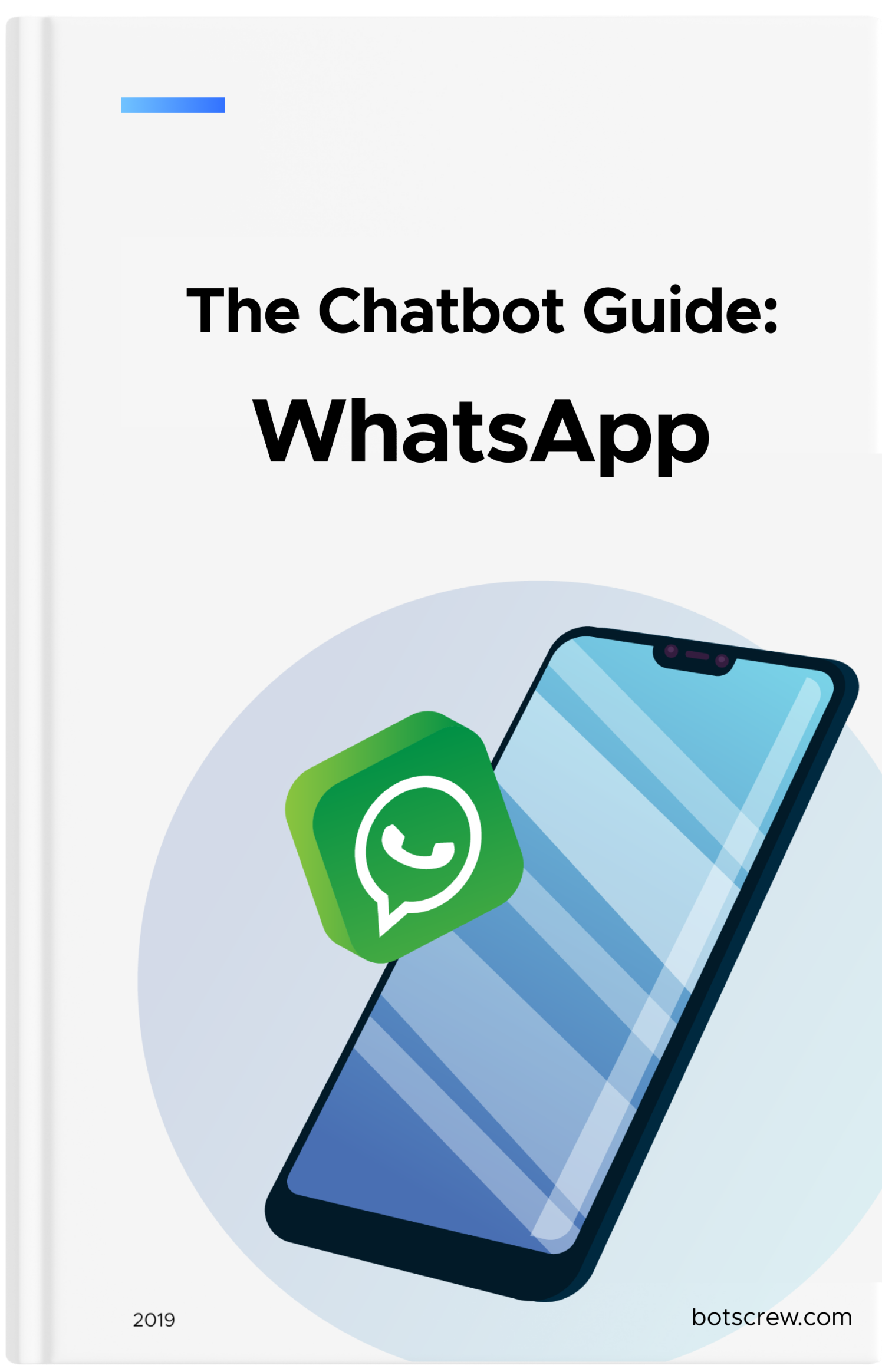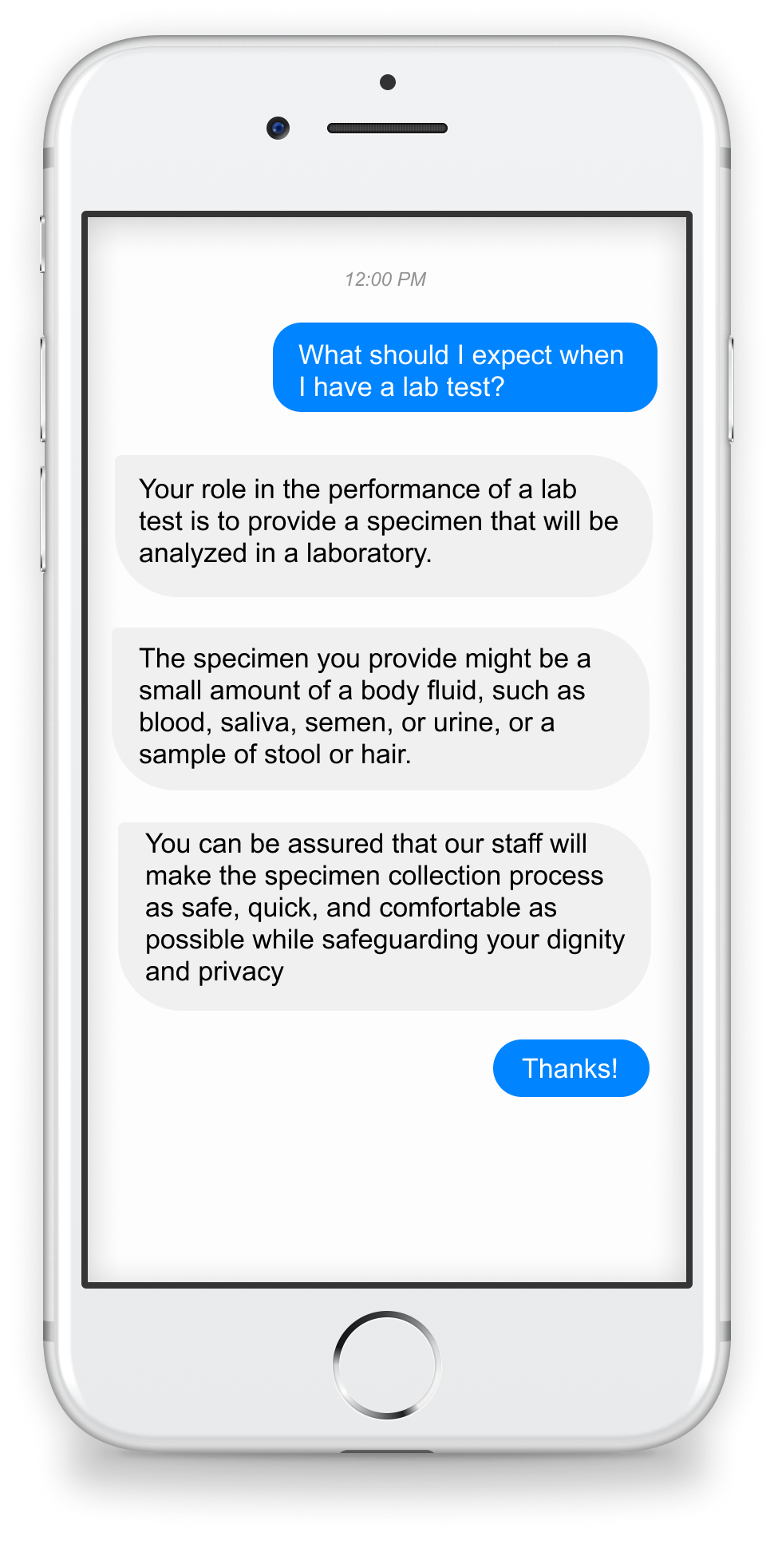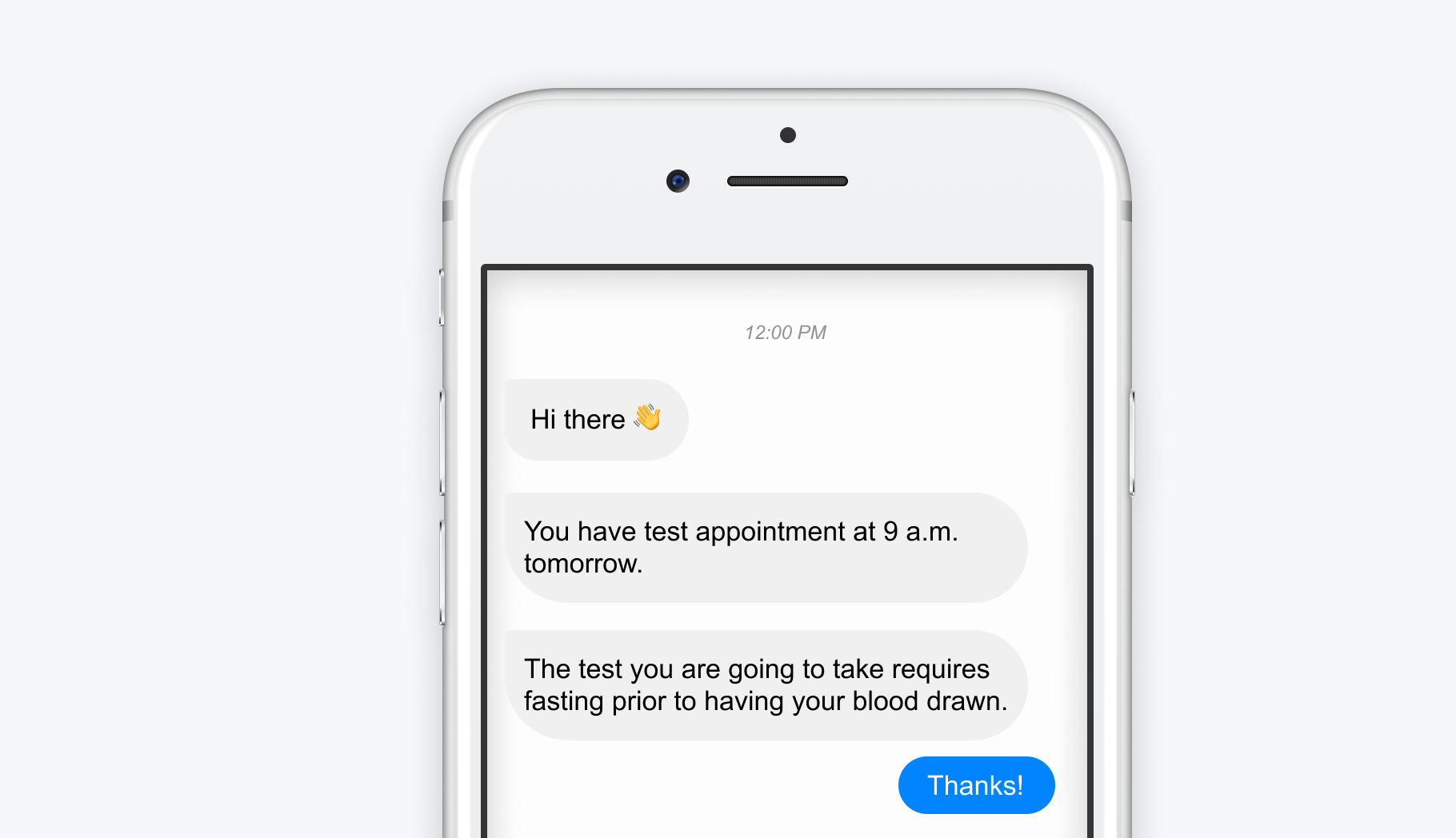The Role of Healthcare Chatbots in Genetic Testing
“In 2017, Ancestry provided genetic data to 7 million Americans, and 23andMe, the second most popular service, ran tests for another 3 million.”
But it would take years, perhaps decades, for each client to parse their DNA data with a trained genetic counselor.
You know why?
According to the National Society of Genetic Counselors, there are currently only 4,900 certified genetic counselors working in the U.S. That means that approximately only 1 in 100,000 Americans have access to a clinical genetic counselor.
So how to address patients growing interest in genetic testing without over-hiring?
To eliminate this problem, many genetic testing companies started to implement AI. From advanced machine learning technologies to patient-facing chatbots, every genetic company is looking for a way to cope with the growing demand.
What is the role of healthcare chatbots in genetic testing?
Healthcare chatbots have been around for a while now. But more and more DNA companies are wondering where and how to implement bots in their daily practice.
Let’s have a look at the most popular chatbot use cases for genetic testing:
– Pre-tests education
“What to expect from this test?”, “What will it look like?”, “Is it painful?”, etc. – the questions that worry the patients the most when they sign up for a test.
You can free up your genetic counselors from answering the same repetitive questions, allowing them to spend more time on more complex cases.
Also, healthcare chatbot can educate patients to overcome their fears or misconceptions about genetic tests. The patient asks the chatbot questions, and the bot provides valid information about the procedure and workflow. That way, you create trust between your genetic company and your patients, helping them to feel secure and calm before the test.
– Find the right test
HIPPA compliant healthcare chatbots can help patients match their medical data and genetic tests. Currently, there are thousands of different tests, and it can be overwhelming for people to find the one they need. It’s beneficial for doctors as they could save time on collecting the patient’s medical history to understand which test is the right one and if the patient needs any at all. The chatbot could ask if there were any cases of genetic disorders in the family history. For example, if there was a case of Huntington’s chorea in the family, the bot would recommend which test is the most suitable for the person to take.
– Consent bot
Administrative work is a big part of doctors’ workdays. On average, doctors spend 10-20 hours/week on paperwork. Chatbots can help doctors collect patients’ consent and medical information and gather their history into an organized electronic health report. This can save hours for doctors and would be more engaging for patients.
– Ordering tests
Chatbot supports payment integrations like PayPal, Stripe, etc. so the patient can order and pay for their tests online without leaving the chat with the bot. Just a few clicks and the test has been paid for and is on its way to the patient’s home. This is especially convenient during the current COVID-19 crisis as many companies send their test kits to patients’ homes.
– Explaining the test results
Due to the high volume of genetic tests that are being made, genetic counselors are swamped, and sometimes patients have to wait weeks to get their test results and talk to the doctor. The healthcare chatbot could deliver negative test results and explain what they mean to the patient. The bot could provide a basic explanation of the results and answer related questions so the patient would immediately understand their results. For a more in-depth explanation or positive test results, the chatbot could offer to book an appointment with the doctor.
– Reminder bot
The healthcare chatbot can send reminders about steps that a patient has to take before a test. For example, the bot would send a notification that a person should not eat for 12 hours or that he shouldn’t take any medicine before a test. Also, the bot can send reminders about lab or doctor appointments as sometimes patients can forget about those.
“The total cost of missed healthcare appointments in the United States is an astronomical $150 billion every year. Each open, unused time slot costs a physician $200 on average.” Health Management Technology
– Online check-in
Patients can use a chatbot to check-in, which allows them to join the line for lab work before they arrive at your location. The patient could also see the current waiting time or how many people are on the line. It’s more comfortable for patients and eliminates big crowds of people waiting for their doctor in the hallways. It’s an especially helpful option for the post-pandemic times.
– Create awareness
Healthcare chatbots are a great way to educate people. Using the power of FB ads, you can reach your potential patients and initialize a conversation with you. The chatbot can provide proper information on genetic diseases, their risks, and the importance of timely genetic testing empowering more people to check in with their health.
These are the most popular healthcare chatbot use cases for genetic testing. If you want more information about healthcare chatbot development, you can find out more about our article: 8 Proven Ways For Healthcare Enterprises To Automate Routine Work Using Chatbots
Note: If you are considering developing a chatbot for your genetic company, you have to be careful when choosing your vendor. Healthcare chatbot development is more complicated due to differences from other industries.
Especially vital is the security of patients’ personal information. To ensure full protection of patient’s data, companies should use the highest security practices like:
– data encryption,
– “on-premise” deployment
– patient identity authentication and authorization
– GDPR or HIPAA compliance.
Having worked with healthcare enterprise companies, we know that there are many limitations to this industry. Based on our previous experience, we can help you build your solution with all the medical nuances and legal restrictions followed.





